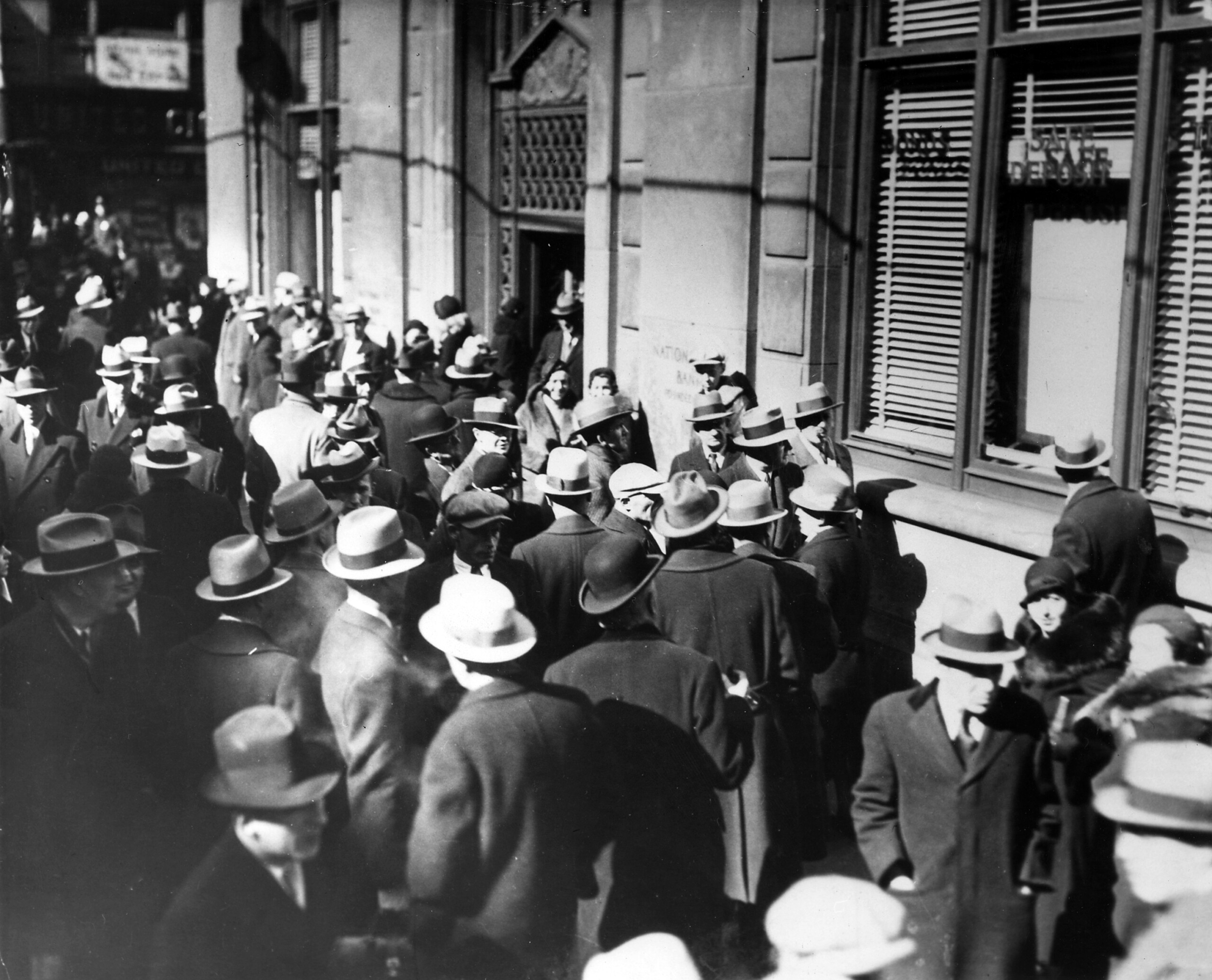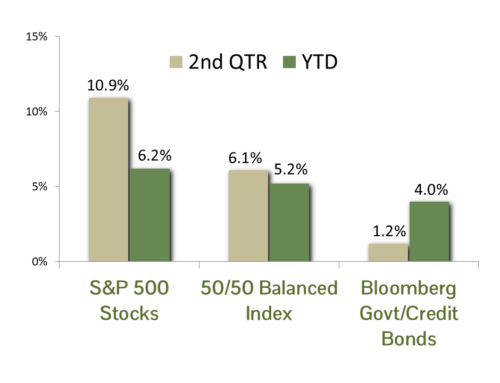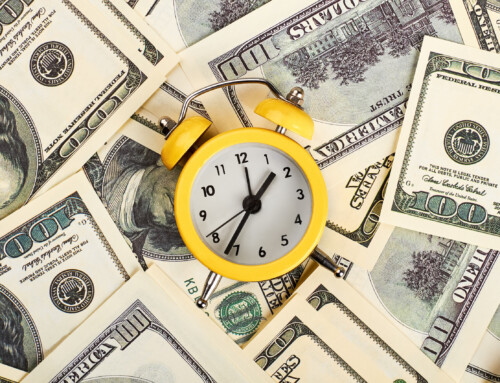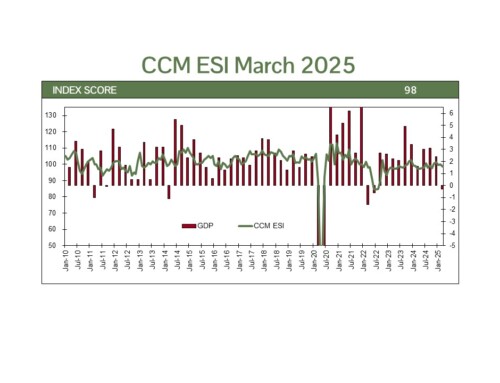As of this writing, markets are in turmoil over concerns in the banking industry. The collapse of Silicon Valley Bank started worries that have now spread to the entire industry with dire implications for lending. The latest fear is that Credit Suisse, already in a weak credit position, failed to garner support for additional funding from its top shareholder. The flight to safety has been intense. Bonds have rallied, with 10-year yields off .6% from recent highs and multiple daily moves in 2-year notes not seen since the 1980s. The S&P has sold off 3.25%, with financial stocks down 10.7%, while defensive sectors are flat over the same period. We believe this to be a gross overreaction as US banks are well capitalized, and the Federal Reserve is well practiced in dealing with banking crises.
The outlook for a Federal Reserve rate hike is still mixed, but many pundits are projecting a pause in the March meeting. We believe that the Fed has hiked too quickly during 2022, and a pause to assess the effects is in order. Recent economic data has been mixed but on balance, gives the Fed plenty of reason to pause.
- Job openings decreased from 11M to 10.3M
- Payrolls increased 311k down from 504k in January
- Hourly pay slowed to .2%
- CPI Headline decelerated from .5% to .4%
- CPI Core accelerated from .4% to .5% (Shelter was major contributor)
- Producer prices fell by -.1% and last month’s .7% was revised down to .3%
- Retail sales were off -.4% while last month’s strong report was revised up from 3% to 3.2%
The overall economic picture is healthy and aligns with our no-recession call. As we have been writing for nearly a year, the most significant risk to growth is a policy mistake. We now have to add a new risk to our outlook: a banking crisis, which gives rise to investor fears of another Great Financial Crisis and threatens credit availability to consumers and businesses. Small banks account for 30% of loans in the US and are critical to the smooth functioning of commerce. We expect the Fed to calm fears soon and for investor nerves to settle.
Bottom Line:
The recent banking crisis could be a blessing in disguise, allowing the Fed to pause its rate-hiking regime. Underlying economic data remains constructive, and lower interest rates could help shore up the weak link from last year, housing. We expect the Fed to assuage fears in the coming days allowing the market to assess the effects of a few poorly capitalized banks more rationally. While we still expect the economy to avoid a recession this year, a full-on banking crisis would throw this call more into question.
CCM Investment Advisers, LLC is a Registered Investment Adviser registered with the U.S. Securities and Exchange Commission (CRD# 105743). The opinions and information contained in this report are for informational purposes only and are not meant to be predictors of future results. Such opinions and information do not constitute an offer or solicitation to provide investment advisory services. Such an offer can only be made in states where CCM Investment Advisers is registered. CCM Investment Advisers does not assume liability for any loss which may result from the reliance by any person upon such information or opinions.
Any type of investing involves risk of loss and there are no guarantees that the strategies described may be successful. Any performance data reported represents historical data and future returns may differ significantly. Past performance does not guarantee future results.
Security, index and economic information are obtained from resources which CCM believes to be accurate but no warrant is made to the accuracy or completeness of the information. Various indices described and discussed herein are unmanaged; investments cannot be made directly into an index.
The S&P 500 Index ® is a readily available, capitalization-weighted index of 500 stocks. The index is designed to measure performance of the broad domestic economy through changes in the aggregate market value of 500 stocks representing all major industries.
The NASDAQ Composite Index is a readily available, capitalization-weighted index of over 2,500 domestic and international companies listed on the NASDAQ Stock Market.
The Barclay’s Government/Credit Index is the non-securitized component of the U.S. Aggregate Index. The index includes US Treasuries, government-related issues and corporate bonds
The ICE BofAML 0-3 Month US Treasury Bill Index is a subset of ICE BofAML US Treasury Bill Index including all securities with a remaining term to final maturity less than 3 months.
All blended benchmarks are static blends.
Technical Terms (definitions sourced from Investopedia)
The term federal funds rate refers to the target interest rate set by the Federal Open Market Committee (FOMC). This target is the rate at which commercial banks borrow and lend their excess reserves to each other overnight.
The Consumer Price Index (CPI) is a measure of the monthly change in prices paid by consumers. The CPI consists of a bundle of commonly purchased goods and services. The Bureau of Labor Statistics (BLS) calculates the CPI as a weighted average of prices for a basket of goods and services representative of aggregate U.S. consumer spending.
The Producer Price Index (PPI) measures the average change over time in the prices domestic producers receive for their output. It is a measure of inflation at the wholesale level that is compiled from thousands of indexes measuring producer prices by industry and product category. The index is published monthly by the U.S. Bureau of Labor Statistics (BLS)



